Trauma results from events or situations an individual perceives as physically or emotionally harmful or life threatening. A traumatic event may include child or domestic abuse, child abandonment or neglect, combat, sexual or physical assault, natural disasters, serious accidents, or another source.
When adverse symptoms linked to the traumatic event persist or worsen over time, an individual may be suffering from post-traumatic stress disorder (PTSD).
Research has consistently found a strong link between trauma and addiction. While trauma experienced at any age may trigger substance abuse, the likelihood of developing an addiction increases two to four times for those who experienced childhood trauma, according to an Adverse Childhood Experiences (ACEs) study.
A study published on the National Institute on Drug Abuse (NIDA) website found 75 percent of women and men in substance abuse treatment programs experienced childhood trauma.
Because trauma and addiction are often so closely intertwined, they must both be addressed for long-term recovery.
Trauma Therapy Modalities for Addiction Recovery
Modalities including Cognitive Behavioral Therapy (CBT), Prolonged Exposure (PE), Cognitive-Processing Therapy (CPT) and Eye Movement Desensitization and Reprocessing (EMDR) are widely accepted therapies for the effective treatment of trauma. These modalities may be combined with medication therapy.
- Cognitive Behavior Therapy helps clients identify negative thought patterns that link to unhealthy behavioral, emotional, or physical responses. Clients develop skills to recognize and replace negative emotions and behaviors with healthy, positive emotions, and actions.
CBT blends cognitive therapy, which focuses on mood and thoughts, with behavioral therapy, which focuses on actions and behaviors. It is often referred to as the “gold standard” therapeutic approach for treating trauma, substance use disorders, and other mental disorders, including eating disorders.
- Prolonged Exposure (PE) is a form of CBT. By having an individual gradually confront the source of their fear through actual or imagined exposure, this approach weakens traumatic memories or associations and helps individuals process them more easily.
PE is an evidence-based therapy found to be safe and effective for the treatment of PTSD and other anxiety disorders, and for those with substance use disorders (SUD), according to NIDA.
- Cognitive-Processing Therapy (CPT) helps individuals identify, challenge, and change negative beliefs and emotions related to the source of their trauma. To break a pattern of avoidance, the client writes and then reads aloud a detailed description of the traumatic experience, in which the therapist will then help the individual process.
CPT usually takes place over 12 sessions. The therapy is strongly endorsed by the American Psychological Association for the treatment of PTSD.
- Eye Movement Desensitization and Reprocessing (EMDR) works to unblock and desensitize negative emotional associations and to replace traumatic memories with positive beliefs and emotions. The client is directed by the therapist in rapid side-to-side eye movement, while simultaneously recalling negative emotions associated with their trauma.
EMDR has been found to effectively reprogram negative memories and associations in a short period of time. Dr. Francine Shapiro, the founder of EMDR, cites twenty-four randomized controlled trials that support the efficacy of the therapy for treatment of emotional trauma.
Whether trauma contributes to addiction, or whether a lifestyle of addiction results in traumatic experiences, trauma, and addiction are strongly and frequently linked. Both must be treated for successful long-term recovery.
Turning Point of Tampa has been offering Licensed Residential Treatment for Addiction, Eating Disorders and Dual Diagnosis in Tampa since 1987.


